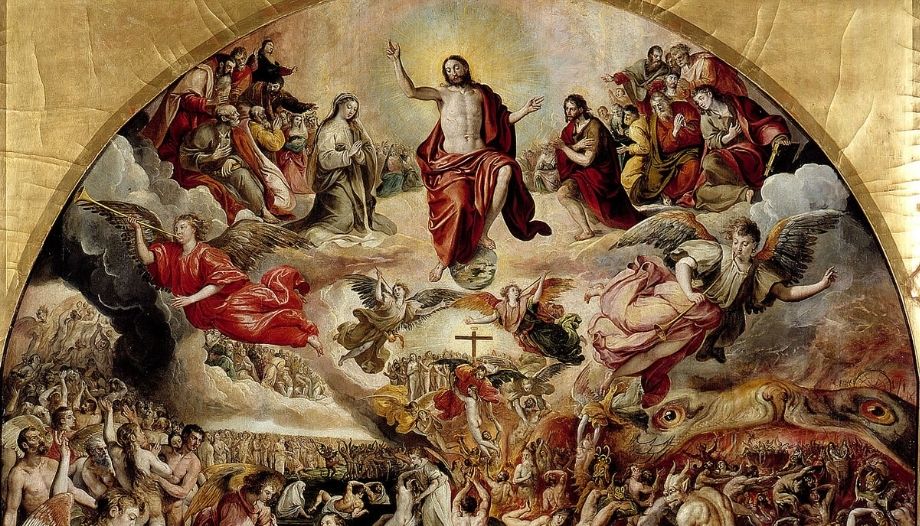The existence of the holy angels, spiritual beings, not corporeal, which Sacred Scripture habitually calls angels, is a truth of faith. They surpass in perfection all visible creatures. The testimony of Scripture is as clear as the unanimity of Tradition. Catechism of Christian Doctrine (nn. 328-336).
St. Augustine says of them: "The name angel indicates his office, not his nature. If you ask about his nature, I will tell you that he is a spirit; if you ask about what he does, I will tell you that he is an angel"). With their whole being, angels are servants and messengers of God. For they "constantly behold the face of my Father who is in heaven," said Jesus. (Mt 18:10).
Christ is the center of the world of the angels. The angels belong to him: "When the Son of Man comes in his glory with all his angels..." (Mt 25:31). They belong to him because they were created by and for him: "For by him all things were created, in heaven and on earth, visible and invisible, thrones, dominations, principalities, powers: all things were created by him and for him," writes St. Paul (Colossians).
The angels in the life of the Church
The whole life of the Church benefits from the mysterious and powerful help of the angels, the Catechism adds. In the liturgy, the Church joins the angels in worshipping the thrice-holy God ("Sanctus"); she invokes their assistance, and celebrates the memory of certain angels (St. Michael, St. Gabriel, St. Raphael, as a few days ago, and the guardian angels).
"No one can deny that each of the faithful has at his side an angel as protector and shepherd to guide his life," says St. Basil the Great. According to his biographer Thomas of Celano, St. Francis of Assisi "was very much in love with him". veneration and love to the angels, who are with us in the struggle and go with us among the shadows of death. He said that such companions should be venerated everywhere, that we should invoke, at least, those who are our custodians".







